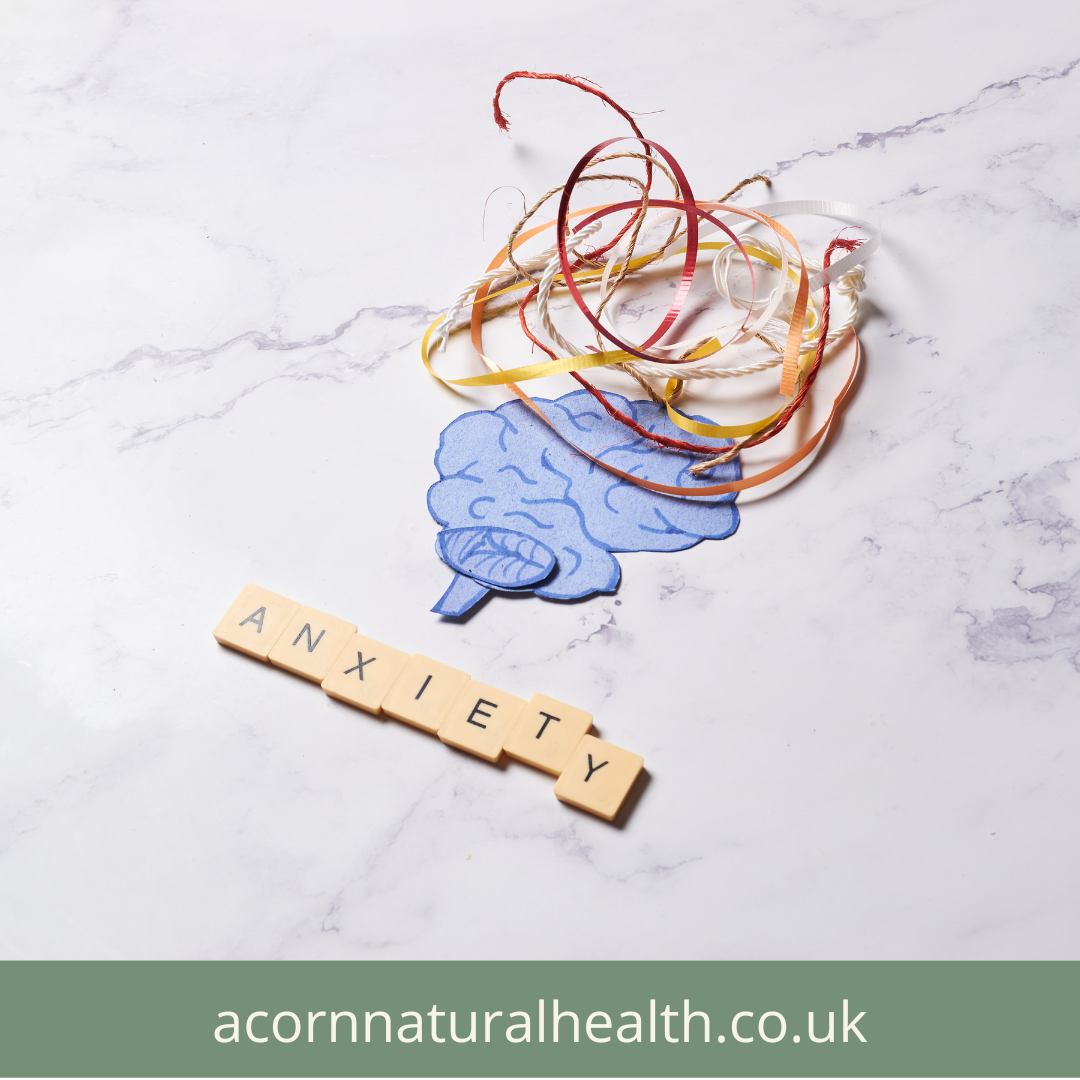by Connor Levai
Yoga serves as a pathway to self-discovery, connecting body, mind, and spirit. For beginners, embarking on a yoga journey can be both exhilarating and daunting. However, integrating grounding poses into your routine can alleviate any apprehension and foster stability and tranquillity. Grounding yoga poses anchor you to the present moment, fostering a sense of inner peace and steadiness.

Here are five beginner-friendly yoga poses perfect for cultivating grounding and centeredness:
- Tadasana (Mountain Pose): Tadasana, or Mountain Pose, forms the basis for numerous yoga postures. Stand tall with feet hip-width apart, firmly rooted into the ground. Engage your thighs, lift the chest, and roll the shoulders back and down. Inhale deeply as you extend your arms overhead, palms facing each other. Feel the earth’s energy coursing through your body. Hold the pose for several breaths, elongating the spine and grounding like a mountain.
- Virabhadrasana I (Warrior I Pose):Warrior I embodies strength and confidence while fostering grounding. Step one foot back at a 45-degree angle, ensuring the front knee aligns with the ankle. Ground through the outer edge of the back foot, connecting with the earth. Extend the arms overhead, palms facing each other, and gaze forward. With each breath, deepen the pose, embracing the stability and strength it provides.
- Balasana (Child’s Pose):Balasana, or Child’s Pose, induces relaxation and introspection. Begin by kneeling on the mat, big toes touching and knees wide apart. Sit back on your heels and fold forward, extending the arms in front or resting them alongside the body. Gently touch the forehead to the mat, surrendering to the earth’s support. Close the eyes, focus on the breath, and release tension, embracing the grounding sensation of the present moment.
- Vrksasana (Tree Pose):Tree Pose enhances concentration, stability, and rootedness. Start in Tadasana, shifting weight onto one foot and lifting the opposite foot to place the sole against the inner thigh or calf. Gaze at a focal point and bring the palms together at heart center. Feel the connection between foot and leg, grounding like the roots of a tree. With each breath, find balance and stability in the pose.
- Savasana (Corpse Pose):Savasana, the ultimate relaxation pose, integrates the benefits of practice and fosters complete groundedness. Lie flat on the back with legs extended and arms resting alongside the body, palms facing up. Close the eyes, allow the body to sink into the mat, and release tension. Embrace the support of the earth, grounding and nurturing. Stay in Savasana for a few minutes, surrendering to the stillness and serenity of the moment.
Incorporating these grounding yoga poses into your practice cultivates centeredness, stability, and connection to self and surroundings. Remember to listen to your body, breathe deeply, and approach each pose with mindfulness and intention. With dedication, you’ll cultivate a sense of groundedness extending beyond the mat and into every facet of life.
You can experience these exercises firsthand in my regular yoga class, held every Thursday evening at Acorn Natural Health Centre.
For inquiries or further information, feel free to reach out.




